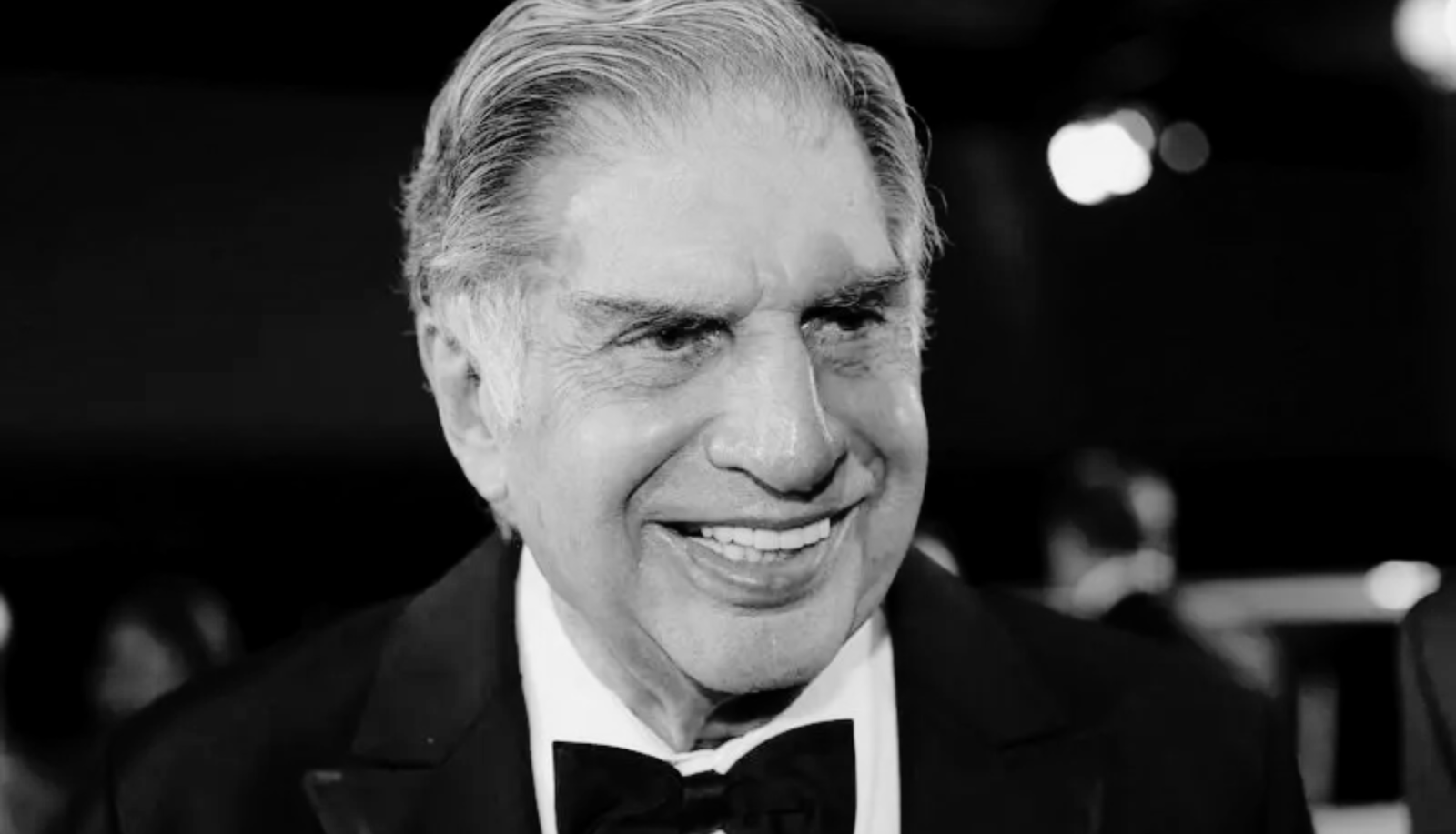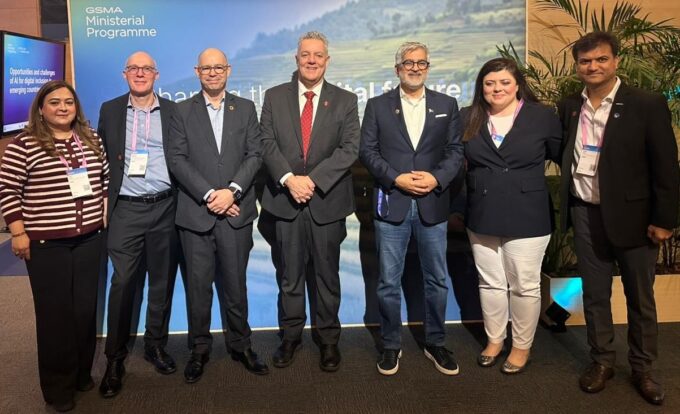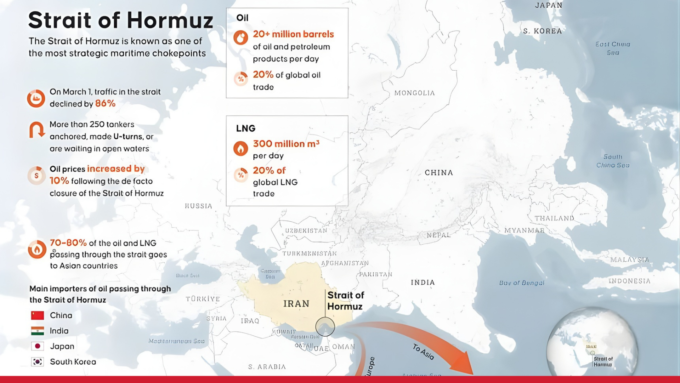On October 9, 2024, the world bid farewell to Ratan Tata, one of India’s most revered industrialists, at the age of 86. His passing marks the end of an era for both the Tata Group and India, as Tata’s influence went far beyond the corporate boardroom. Over his decades-long career, Tata not only transformed his family’s business into a global powerhouse but also established a legacy of ethical leadership, innovation, and philanthropy. His life story is a testament to how visionary leadership, rooted in compassion and humility, can change the course of business and society.
Early Life and Education
Born on December 28, 1937, in Bombay, Ratan Naval Tata was raised by his grandmother after his parents’ separation. He pursued his education at prestigious institutions, including Cornell University, where he initially studied engineering before switching to architecture. Later, he completed the Advanced Management Program at Harvard Business School in 1975. This educational foundation, combined with his unique upbringing, shaped his worldview and prepared him for the immense challenges that lay ahead in the Tata Group, India’s largest conglomerate.
Read more: Metlife Signs Agreement With IDLC Asset Management Limited
Tata began his career at Tata Sons in 1962, gaining hands-on experience on the shop floor. His early years in the business world were not easy—he faced challenges with ailing companies such as NELCO and Empress Mills, which he attempted to revive but eventually saw fail. Despite these setbacks, Tata’s perseverance and commitment to learning from his experiences would later define his approach to leadership.
Leading the Tata Group: Visionary Acquisitions and Global Expansion
In 1991, Ratan Tata took the reins of the Tata Group from J.R.D. Tata, a challenging moment coinciding with India’s economic liberalization. Many questioned whether Tata could successfully steer the group, but he quickly dispelled those doubts by spearheading bold changes. Under his leadership, the Tata Group restructured its management, improved financial health, and expanded into new industries, including telecommunications, automotive, and steel.
One of Tata’s most significant contributions was his strategic vision to transform the group into a global player. His tenure saw several landmark acquisitions, such as the purchase of Tetley Tea in 2000, Corus Steel in 2007, and the iconic Jaguar Land Rover in 2008. These moves were bold, high-stakes bets that cemented the Tata Group’s status as a global industrial giant. By the time of his retirement in 2012, the group’s revenue had skyrocketed from $5.7 billion in 1991 to nearly $100 billion.
The Tata Nano and Innovation in the Indian Market
Among his many ventures, one of the most ambitious was the Tata Nano, introduced in 2008 as the world’s most affordable car. Tata aimed to revolutionize the automotive market by creating a car that middle- and lower-income families could afford. While the Nano project faced numerous challenges—ranging from production delays to public perception—it reflected Tata’s innovative spirit and desire to improve accessibility for the common Indian consumer. Although the Nano did not achieve commercial success, it remains a symbol of Tata’s commitment to societal impact through business.
Philanthropy and Social Responsibility
Perhaps the most defining characteristic of Ratan Tata’s legacy is his deep commitment to philanthropy. Over 65% of Tata Sons’ shares are held by philanthropic trusts, which fund projects across education, healthcare, and social development. Tata personally championed numerous initiatives, believing that businesses should play a vital role in improving society. His philanthropic focus extended from building institutions of learning to advancing healthcare and even urban development projects.
Beyond his corporate endeavors, Tata’s humility and kindness endeared him to millions. Despite his immense wealth and influence, Tata lived a relatively modest life, often described as soft-spoken, courteous, and deeply conscious of his role as a custodian of the Tata legacy. Even after retiring, he remained actively involved in philanthropic efforts and mentored a new generation of entrepreneurs, investing in several promising start-ups.
Awards and Global Recognition
Throughout his illustrious career, Tata was recognized with numerous national and international honors. In India, he was awarded the Padma Bhushan in 2000 and the Padma Vibhushan in 2008, the country’s third and second-highest civilian honors, respectively. His contributions to industry and philanthropy were also acknowledged abroad. In 2014, Queen Elizabeth II awarded him the Knight Grand Cross of the Order of the British Empire, one of the UK’s highest civilian distinctions.
These accolades reflect the respect and admiration Tata garnered worldwide, not just as a business leader but also as a compassionate humanitarian. His guiding principle—that business success should go hand-in-hand with social responsibility—resonated with leaders across sectors and countries.
A Legacy of Integrity and Humility
Ratan Tata’s death has triggered an outpouring of tributes from across the world. Prime Minister Narendra Modi expressed profound sadness at Tata’s passing, describing him as a “visionary business leader, a compassionate soul, and an extraordinary human being.” Similarly, industry leaders like N. Chandrasekaran, Chairman of Tata Sons, hailed Tata’s contribution to shaping both the Tata Group and the nation altogether.
Tata’s life and career serve as a powerful reminder that business is not just about profit—it’s about people. He consistently upheld the values of integrity, fairness, and social good, which will continue to inspire future generations. The Tata Group, under his leadership, not only grew in terms of revenue and global presence but also became synonymous with ethical practices and corporate responsibility.
The Titan’s Enduring Influence
Ratan Tata’s passing marks the end of an era, but his legacy will continue to shape the future of Indian industry and philanthropy. His life was a remarkable blend of business acumen, ethical leadership, and compassion for humanity. As the world mourns the loss of this extraordinary individual, the values he stood for—integrity, humility, and the pursuit of a better world—remain deeply ingrained in the fabric of the Tata Group and in the hearts of millions.
In an age where corporate leaders often chase short-term gains, Ratan Tata was a beacon of long-term vision, always seeking to balance profit with purpose. His life will be remembered not just for his corporate achievements but for his unwavering commitment to making the world a better place. Truly, Ratan Tata was a titan of industry and a hero of humanity.
For more updates, be with Markedium.













































Leave a comment